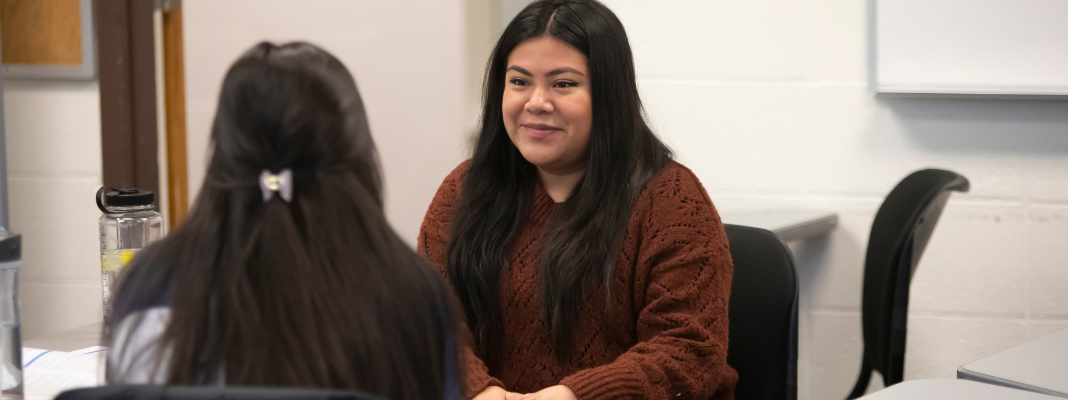Why Get a Master of Social Work?
1. To ADVANCE your career with leadership roles
An MSW degree can broaden your career prospects within the field of social work. It qualifies you for a variety of roles in clinical social work, healthcare, schools, community organizations, policy development, and administration. With an MSW, you can pursue leadership positions and advance your career more quickly.
2. To BECOME a Licensed Clinical Social Worker
In the State of Washington, an MSW degree is required to become a licensed clinical social worker or practice in certain areas of social work. Licensure can enhance your professional credibility, open up more job opportunities, demonstrate your expertise to potential employers or clients, and increase your earning potential.
3. To ADVOCATE for social change
Social workers play a vital role in advocating for social and economic justice, equality, and positive change in individuals, families, and communities. By earning an MSW degree, you gain the knowledge and skills to effect change on a systemic level, and address social issues such as poverty, discrimination, mental health, addiction, and more.
Getting an MSW allows you to positively impact people's lives and contribute to the betterment of society.
The MSW program at Pacific Lutheran University is designed to prepare students to become a Licensed Independent Clinical Social Worker for careers related to physical and behavioral health. There are two pathways to enter the MSW program. The regular standing option is a 28-month program for students who do not have an undergraduate degree in social work. The advanced standing option is a 14-month program for students who have an undergraduate degree in social work. The program will admit students starting summer 2024.
A Closer Look at PLU's Master of Social Work (MSW)
- Low-residency model
To accommodate working students, courses will be offered on a hybrid schedule with some in person classes in late afternoons and evenings, and some components of each course delivered online, either synchronously or asynchronously.
- Clinically-oriented
The program is designed to help students prepare for careers in a variety of settings related to physical and behavioral health. The curriculum includes at least 900 hours of practicum work as required by the Council on Social Work Education (CSWE). Students have opportunities to practice a wide variety of skills in many different settings under the supervision of an MSW-trained social worker.
- Global focus
The program includes a comparative global focus on health and behavioral health. As part of the program, students will be encouraged to complete a J-Term study away to travel abroad and locally to learn and compare other health models.
- Licensure and Credentialing
The program prepares graduates to become a Licensed Independent Clinical Social Worker. In the State of Washington, successful candidates can obtain this license after 2 years and 3,000 hours of post-MSW supervised work experience and passing the American Association of Social Work Boards (ASWB) exam. This program meets the nine competencies articulated by the Council on Social Work Education (CSWE).
- Advocacy and Social Justice
The program’s mission is to prepare skilled, ethical, professional service-oriented leaders and change agents who work toward just, equitable, and empowerment-based service provision, policies, and systems on local and global levels.
- Small class size
The program is built on a small cohort model, typically ranging from 10 to 18 students, creating a stronger sense of community and support, allowing more personalized learning experiences, and enhancing communication with faculty.
What is the difference between a BSW and an MSW? Read this blog to compare a BSW and an MSW and explore if an MSW is worth it.



